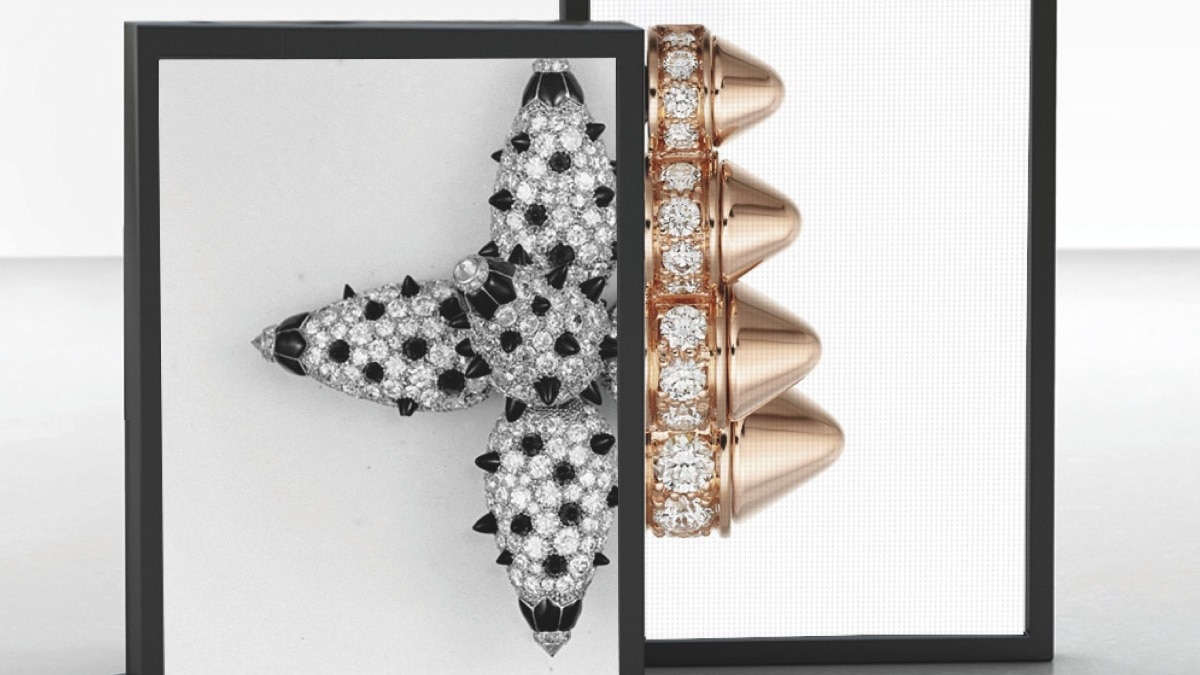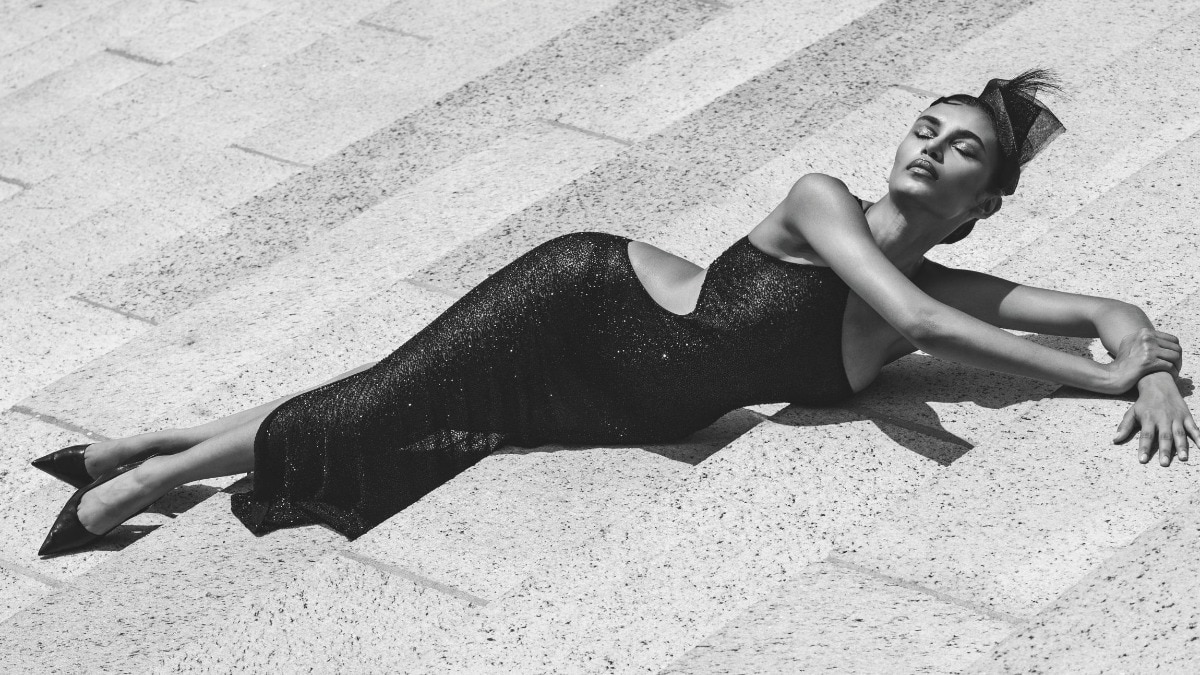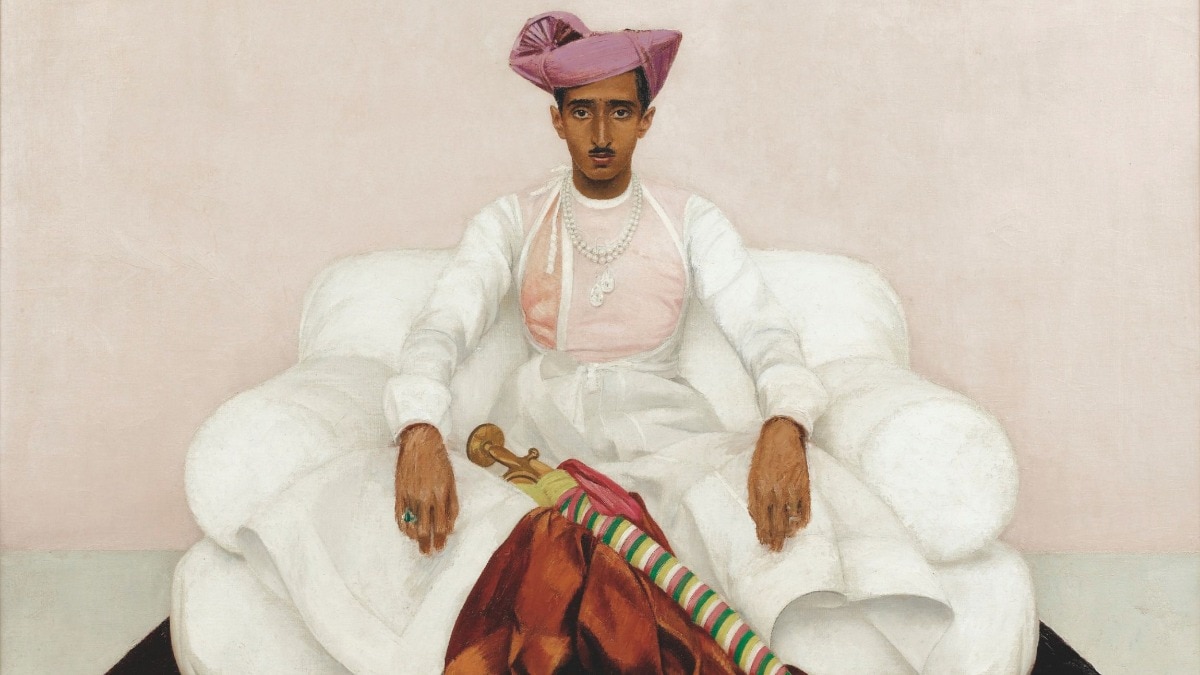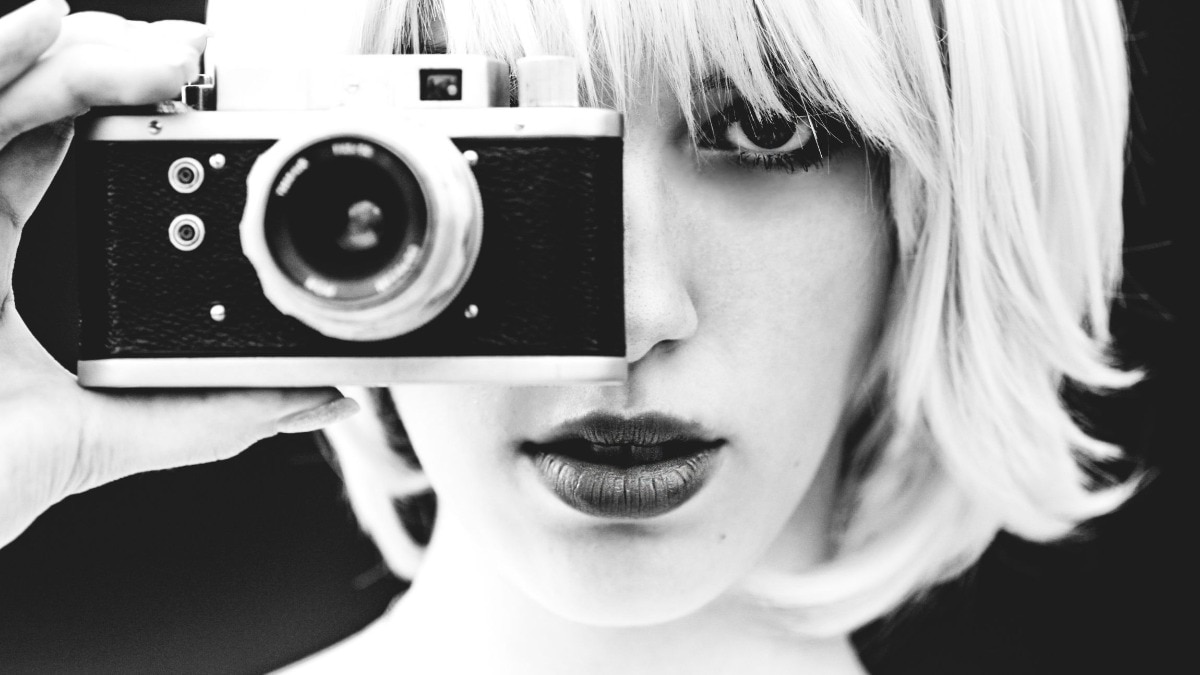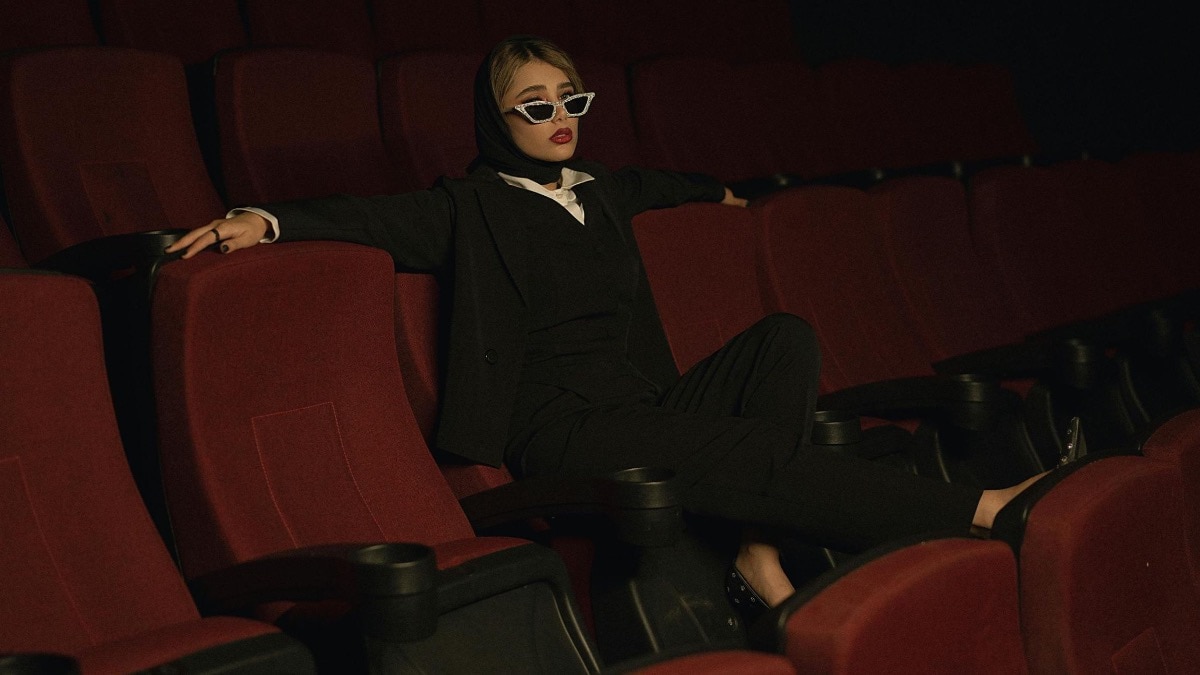Anushka Menon shares her approach to fashion photography, the challenges of working in a male-dominated industry, and more
The part-time musician and photographer shares advice for aspiring artists.


It was, as a 16-year-old pursuing a foundation course in arts, design, and communication in Australia that Anushka stumbled upon a photography module and, in turn, realised the power of image-making. Anushka (39)—born in the Indian capital but raised in Muscat—learnt not just the nuances but also the range and scale of the art form in a two-year professional course in collaboration with the International College of Professional Photography (ICPP), Australia, at a Delhi-based college in 2003. While her love for fashion photography developed during this time, her first paid job, she recalls, was with an Indian magazine that onboarded her to shoot the profile of a leading Delhi-based bakery’s owner. “By the time I graduated, I connected with models and designers and was soon working on lookbooks, campaigns, editorials, etc.”
In a male-dominated industry such as fashion photography, there is a tight frame of challenges that the opposite gender faces, and Anushka (she moved to Goa from Delhi in 2016 and is now juggling two of her passions, music and photography, as part-time professions) mentions confronting a few and more. “Initially, language was a barrier for me since I would mostly communicate in English. Also, working with an all-male team can come about with its own set of complications—some people don’t take you seriously or don’t want to take orders from a woman. Of course, there were others who were great...they recognised my talent. I also found a team that supported me—I still have the same team I had 15 years ago,” she adds. The business side of things wasn’t easy for her either: “I had to spend my own money to create a portfolio.”
There is no rubric one can follow to be successful. Gender, however, can have a direct or indirect impact on personal progress no matter the industry. “The pros and cons when I started exist even today, probably subtler now,” shares Anushka. In hindsight, Anushka (she is one of the two female Fujifilm ‘X’ Ambassadors from India) adds that women do have an added advantage given the female gaze: “Women have a natural instinct and different approach to shooting—how we converse with subjects and the way we view them is different from male photographers. I also feel females shoot females better.”
Was it difficult to work with creatives who were on the higher rungs of success? “When I started out, I wanted to be guided by someone with experience. I approached at least five or six photographers in Delhi, and later in Mumbai, but was rejected by them all. While it was a challenge, it also motivated me to learn the ropes by myself. I don’t know why I wasn’t taken on board; maybe they thought I wasn’t strong enough to carry equipment—though small, I was strong (laughs); maybe they thought I’d no potential; or were intimidated. It took me a few years to prove my worth. Now, the same photographers tell me what a great job I’ve done.” Ask her if there’s a set formula for female photographers looking to break into the field, and she concludes, “Hopefully you have the support of your family or financial support as it’s an expensive profession. To create your own space, remember to be authentic. Seek help because there are people out there, including myself, who are happy to mentor. You must also know the business side of things; enrol in a course to be familiar with how things work. But the rest you learn as you go along. I encourage people to follow their dreams irrespective of what they want to become.”


